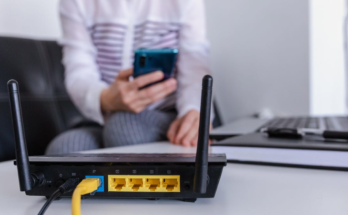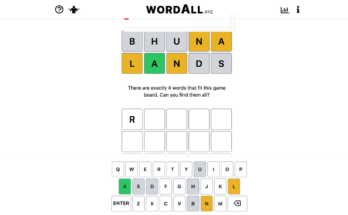Our kids will be navigating the internet long before their frontal lobes are fully developed, which means they need lots and lots of practice figuring out what’s real, what’s not, what’s a scam, and what’s legit. Roblox, as part of its dedication to fostering online safety, has launched a free “digital civility” curriculum that educators can use with their students; included in that is a Digital Safety Scavenger Hunt game that kids and parents can play at home.
The game focuses on the difference between “reliable” information and “unreliable” information. The game starts by giving players clues for figuring out what is reliable versus unreliable by scrutinizing these types of messages:
- Links to unofficial websites
- Claims without a source
- Prompts for personal or account information
- Real life (free) money or gifts
You can watch a trailer for the game here:
Throughout the game, players encounter various signs, questions, or messages that they have to label as either reliable or unreliable. For example, they might encounter an ad that says “tinyurl.com/freerobux81″ and must decide whether it’s advertising something real they should click or not. Another sign says, “Your account is in danger. Go to tinyurl.com/savRblx to save it!” and they have to decide whether they should click the link to “save” their account.
I had my 10-year-old try it out, and after four or five questions, he figured out that most, if not all, of the examples were going to fall into the “unreliable” category. But it was still good practice and reinforcement for pausing to consider the legitimacy of these sorts of messages, and it was a good opportunity for us to talk, once again, about online safety.
G/O Media may get a commission
Okay, and it was a good opportunity for him to try to teach me how to move through Roblox, which I am now slightly less terrible at.
Meet the smartest parents on Earth! Join our parenting Facebook group.



